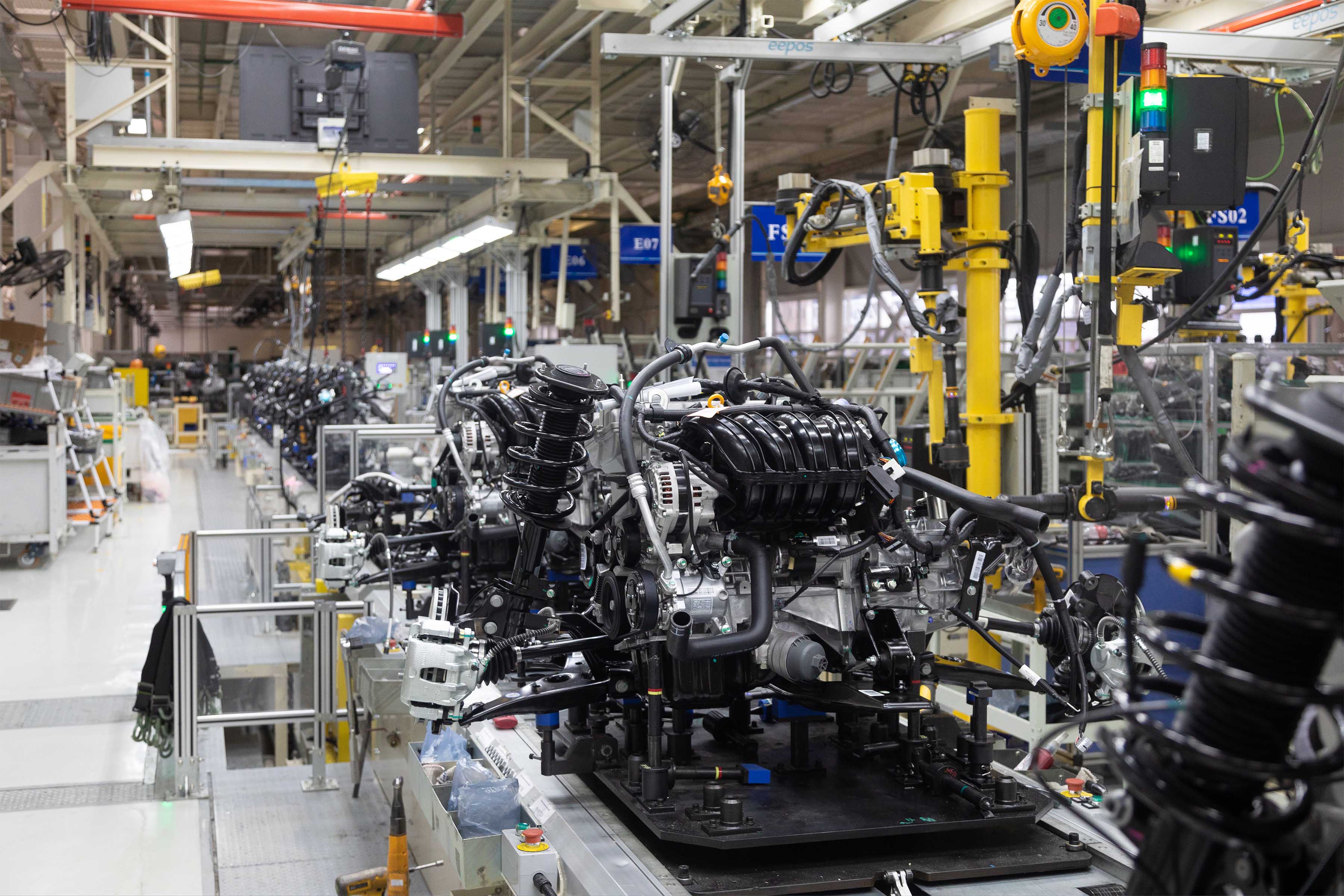
From a well-informed survey Nigeria is said to have continued to spend over 400 billion naira annually on the importation of vehicles. With this massive dependence on the importation of vehicles, Nigeria no doubt has become a one stop dumping ground for virtually all kinds of vehicles, especially fairly used cars, bus trucks , which sometimes do cost fortune to repair after they are purchased.
While the forgoing obtains today ,records have it that before the late 80’s Nigeria did not have to spend hundreds of billions to import vehicles from developed and developing countries since car manufacturing and assembly plants were fully operational. The likes of Volkswagen of Nigeria and Peugeot automobile of Nigeria produced hundreds of affordable cars daily.
At the time , people did not have to save for years to buy a car, they could barely afford neither did they have to replace their car engines shortly after purchase because most of the cars were what is colloquially referred to as ’ tear rubber” ( straight from factories) some of the popular brands then, like Peugeot 504 and 505 could be seen everywhere, Volkswagen was also another small and affordable delight in Nigerian roads. Mercedes Benz trucks were also assembled by Anambra Motor Manufacturing Company (ANAMCO)
With the recession that embraced the Nigerian economy, massive importation of cars which came in with the recession began when local manufacturing plants could no longer bear the high cost of production in Nigeria, production capacity reduced and manufacturers could not meet up with local demand, production capacity did not just reduce, tens of thousands jobs were lost.
Figures from the bureau of statistics show that 20 percent of Nigerians are unemployed, the number of Jobs that automotive industry would have created if fully active is enormous, thus speculatively situated if the automotive industry is functioning at full capacity about 70,000 skilled and semi-skilled jobs and about 210,000 indirect jobs.
